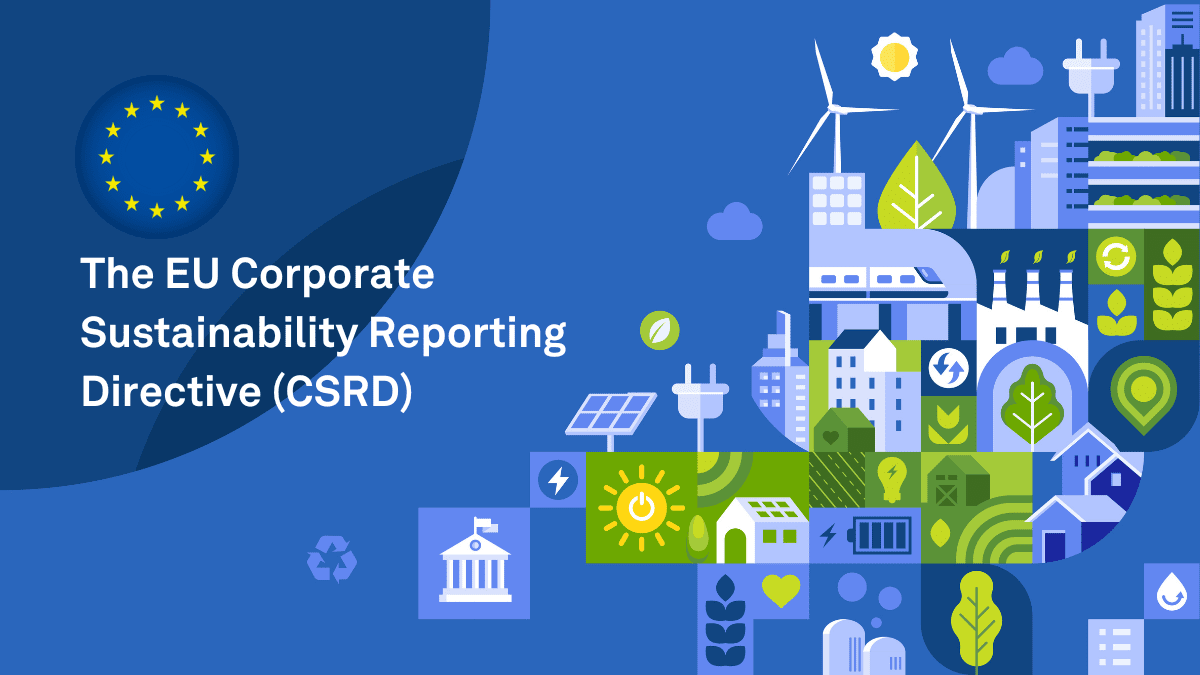
CSRD– Understanding Your Reporting Requirements
The Corporate Sustainability Reporting Directive (CSRD) was adopted by the European Council in November 2022, with full implementation in January 2023. This change means that a number of UK businesses with operations in the EU that were not subject to previous directives now have increased sustainability reporting requirements. All companies that meet two of the following criteria are now have obligations under the new directive:
- A balance sheet total exceeding €25 million
- A net turnover of more than €50 million
- An average of more than 250 employees during the financial year
The directive is being rolled out incrementally, and additional businesses will be subject to the new reporting requirements each year until 2028.
New Requirements
Businesses who meet the reporting threshold are now required to report on:
- Specific details about the business model and strategy, with reference to sustainability-related opportunities, resilience, and plans to ensure compatibility with the transition to a climate-neutral economy and the limiting of global warming to 1.5 °C.
- Sustainability targets, including 2030 and 2050 greenhouse gas emission reduction targets (if appropriate) and a description of relevant progress towards these targets.
- The role, expertise and skills of the administrative, management and supervisory bodies for sustainability.
- Business policies relevant to sustainability impacts.
- The due diligence process implemented for sustainability matters.
- The actual and potential impacts related to business operations and value chain.
- Any actions taken to prevent, mitigate, remediate, or end the identified adverse impacts and the outcomes of these actions.
- Key sustainability risks and how they are managed.
Understanding Double Materiality
While materiality (risk and opportunity identification and prioritisation) is not a new concept, double materiality is central to the new reporting requirements and may need to be integrated into existing processes. Double materiality requires companies to identify both the impact materiality, which is how business activities affect ESG factors, and financial materiality, which is how ESG matters impact business operations and finances.
Develop a clear roadmap
It’s vital to understand now if your business will be impacted in 2025 or the coming years by the changes in reporting requirements. Developing a clear roadmap to achieving compliance by the required date is key to success, and we recommend starting on this as early as possible so there are no nasty surprises in future.
Need help?
Unclear on how these requirements may affect your business now or in the future? Click below to schedule a call with our team to discuss how transformacy can help you meet your reporting obligations.



